UMG Demands Streaming Platforms Take Responsibility For Artist Protection

Universal Music Group has recently responded to the viral news of AI-generated vocal tracks that feature the voices of popular artists like Drake and The Weeknd. The popularity of these songs has spread across social media and music streaming platforms, leading UMG to voice concerns about the potential implications of AI for the music marketing industry.
The track “Heart On My Sleeve,” credited to Ghostwriter, has gained over hundreds of thousands of plays on YouTube and almost a million streams on Spotify. The track features AI-replicated vocals of Drake and The Weeknd. Although some music streaming services such as Apple Music, Deezer, and TIDAL have pulled down the track, it remains on other platforms like YouTube, SoundCloud, and Spotify.
Drake and The Weeknd release their records via UMG and its Republic Records, which makes the situation more complex. Universal has embraced AI technology, as they have been innovating around it for some time already. However, the label company has stated that the training of generative AI using their artists’ music represents a breach of their agreements and a violation of copyright law.
They argue that the availability of infringing content created with generative AI on DSPs (digital service providers) raises the question of which side of history all stakeholders in the music ecosystem want to be on: the side of artists, fans, and human creative expression, or on the side of deep fakes, fraud, and denying artists their due compensation.
UMG further states that these instances demonstrate why platforms have a fundamental legal and ethical responsibility to prevent the use of their services in ways that harm artists. They are encouraged by the engagement of their platform partners on these issues, recognizing that they need to be part of the solution.
Ghostwriter’s self-uploaded video clips on TikTok have now cumulatively racked up more than 15 million plays, showing the potential reach and impact of AI-generated vocal tracks. In addition to “Heart On My Sleeve,” the past few days have seen more tracks released featuring AI-generated vocals copying the voices of UMG-affiliated superstars.
Among the tracks gaining attention is a cover of Ice Spice’s provocative 2022 hit “Munch (Feelin’ U),” featuring vocals by an AI mimic of Drake’s voice. Drake himself recently took to Instagram, calling it “the last straw.” Another track features an AI reproduction of Rihanna’s vocals covering Beyoncé’s hit “Cuff It.”
The rise of AI-generated vocal tracks raises significant concerns for the music industry, specifically regarding copyright law and compensation for artists. It also raises ethical questions about the use of AI in music marketing and the potential for deep fakes and fraud.
AI-generated vocal tracks may offer a cheaper and faster alternative to recording original tracks, but they also pose a risk to the integrity and authenticity of the music industry. It is essential to ensure that artists are fairly compensated for their work, and that AI technology is used ethically and responsibly.
The future of AI in the music marketing industry is uncertain. Some see AI as a tool to enhance creativity and make the music industry more accessible. Others see it as a threat to the human element of music-making and a potential threat to the livelihoods of artists.
Regardless of the outcome, it is clear that AI-generated vocal tracks are here to stay. It is up to the music industry to determine how to navigate the challenges and opportunities presented by this technology. In the end, it is crucial to remember that music is an art form that should be appreciated and respected.
If you’re interested in the latest news and updates in the music industry, the MPT Agency Blog is a great resource to check out. And to stay on top of the latest developments in music, be sure to follow MusicPromoToday.
Subscribe To Our Music Marketing Newsletter!
News about music marketing strategies to the music business and beyond.
Delivered to your inbox once a week.




